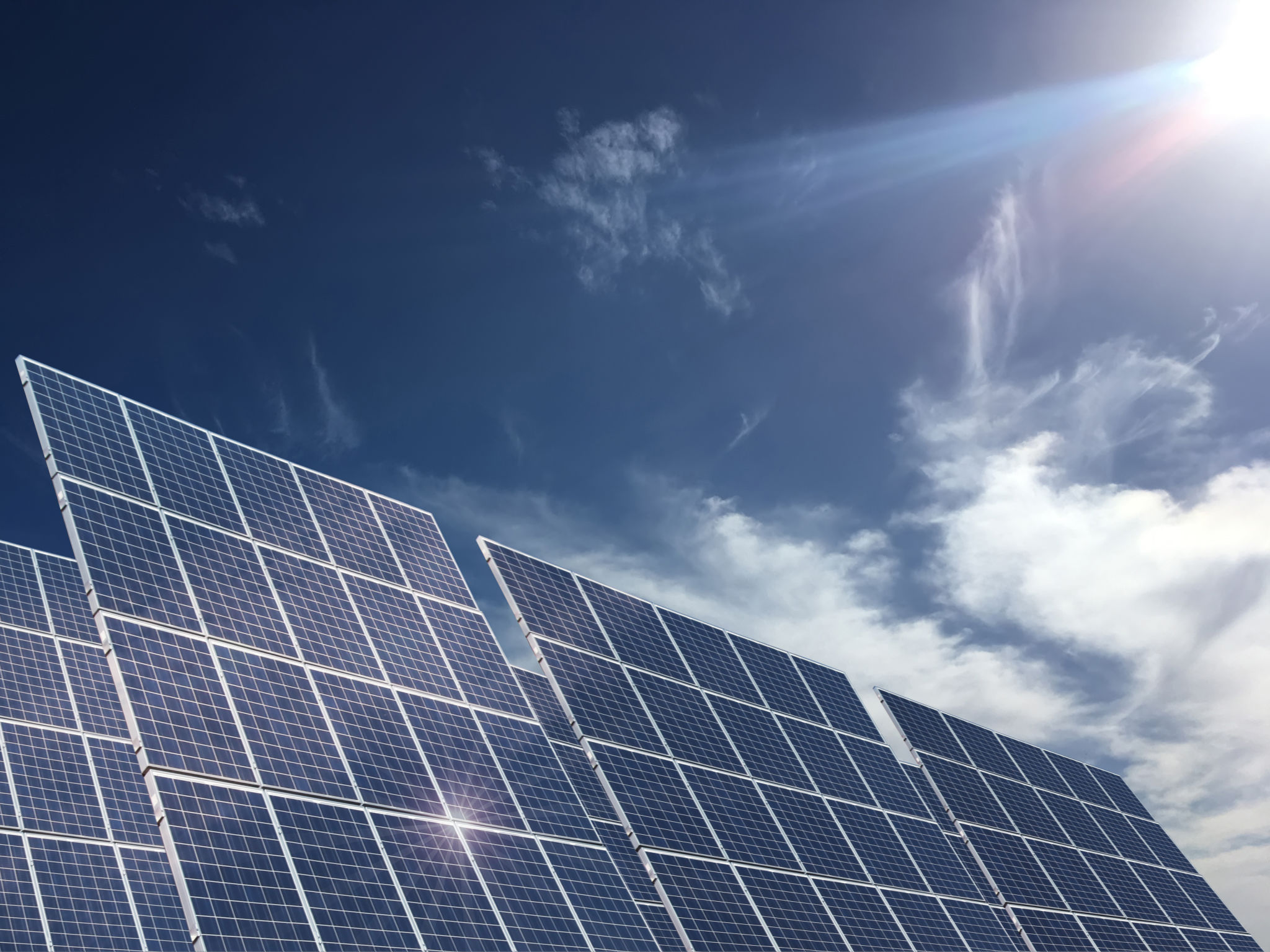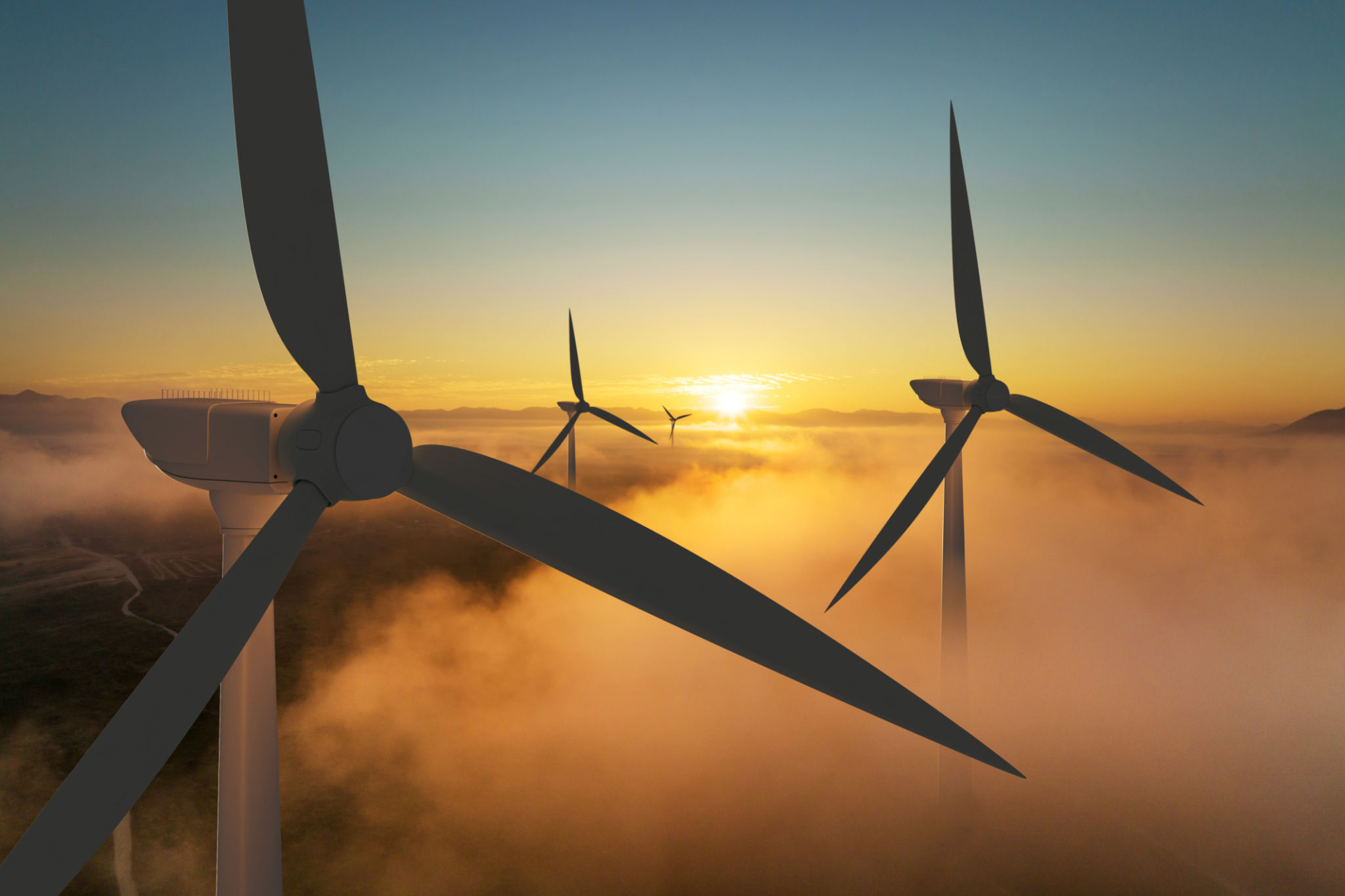Top 5 Clean Energy Innovations Shaping Australia's Future
Introduction
Australia is rapidly becoming a leader in clean energy innovations. As the world shifts towards more sustainable practices, Australia is at the forefront with groundbreaking technologies and initiatives. Here are the top five clean energy innovations that are shaping Australia's future.
1. Solar Energy Advancements
Solar energy has long been a cornerstone of Australia's renewable energy strategy. Recent advancements in solar technology have made it more efficient and affordable. Innovations such as bifacial solar panels, which capture sunlight from both sides, are increasing energy output and reducing costs. These developments are making solar energy more accessible to both urban and rural areas.

Community Solar Projects
Community solar projects are gaining momentum, allowing neighborhoods to collectively invest in solar energy. This approach not only reduces energy bills but also fosters a sense of community and shared responsibility for environmental sustainability.
2. Wind Power Technologies
Wind energy is another critical component of Australia's clean energy landscape. Recent innovations in turbine design and materials have significantly increased the efficiency of wind farms. These improvements are enabling more consistent energy production, even in less windy regions.

Offshore Wind Farms
Australia is exploring the potential of offshore wind farms, which can harness stronger and more consistent winds. This innovation could dramatically boost the country's renewable energy capacity, providing a reliable source of clean energy.
3. Battery Storage Solutions
One of the challenges with renewable energy is storage. However, Australia is leading the way with cutting-edge battery storage solutions. Companies are developing more efficient and longer-lasting batteries, which are crucial for storing energy generated from renewable sources.

Residential Battery Systems
Homeowners are increasingly adopting residential battery systems to store excess solar power. These systems not only provide energy during peak demand periods but also enhance energy independence and resilience.
4. Hydrogen Energy
Hydrogen energy is emerging as a promising clean energy source in Australia. By using renewable energy to produce hydrogen, Australia can create a sustainable and versatile energy source. Hydrogen can power vehicles, industries, and even homes, offering a wide range of applications.
Export Opportunities
Australia is well-positioned to become a leading exporter of green hydrogen. With its abundant renewable resources, the country can produce hydrogen at competitive prices, potentially transforming global energy markets.
5. Wave and Tidal Energy
The vast Australian coastline offers significant potential for wave and tidal energy. These technologies harness the power of ocean movements to generate electricity. As research and development continue, wave and tidal energy could become a vital part of Australia's renewable energy portfolio.

Environmental Benefits
Wave and tidal energy have minimal environmental impact, making them attractive options for sustainable energy production. By tapping into these resources, Australia can further diversify its clean energy sources.
Conclusion
These innovations are not only transforming Australia's energy landscape but also setting an example for the world. By investing in these technologies, Australia is paving the way for a sustainable and prosperous future. As these clean energy solutions continue to evolve, they promise to play a crucial role in reducing carbon emissions and combating climate change.